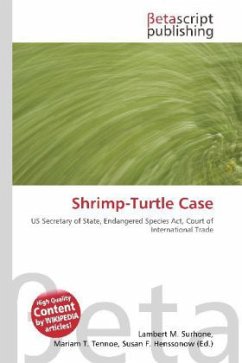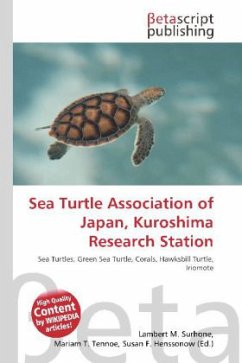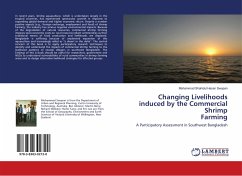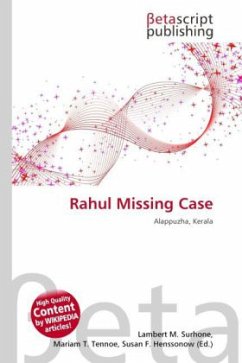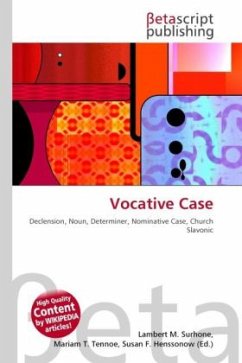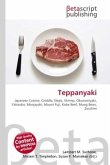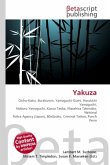Please note that the content of this book primarily consists of articles available from Wikipedia or other free sources online. In 1994, the WTO intervened to address member concerns regarding the import of shrimp and its impact on turtles. This became known as the Shrimp and Turtle case. The ruling was adopted on November 6, 1998. However, Malaysia persisted in their complaint and initiated DSU Article 21.5 proceedings against the U.S. in 2001, but the U.S. prevailed in those hearings. The most significant feature of this case is that the WTO upheld the U.S. ban based on the process of production and not the product itself (known as process versus product). The Earth Island Institute filed a lawsuit against US Secretary of State Warren Christopher in federal court. The government successfully argued that jurisdiction for anything dealing with embargoes was under the purview of the United States Court of International Trade. The suit was based on Public Law 609:101-102, which wasnot an amendment to the Endangered Species Act although it is often said to be.
Bitte wählen Sie Ihr Anliegen aus.
Rechnungen
Retourenschein anfordern
Bestellstatus
Storno

